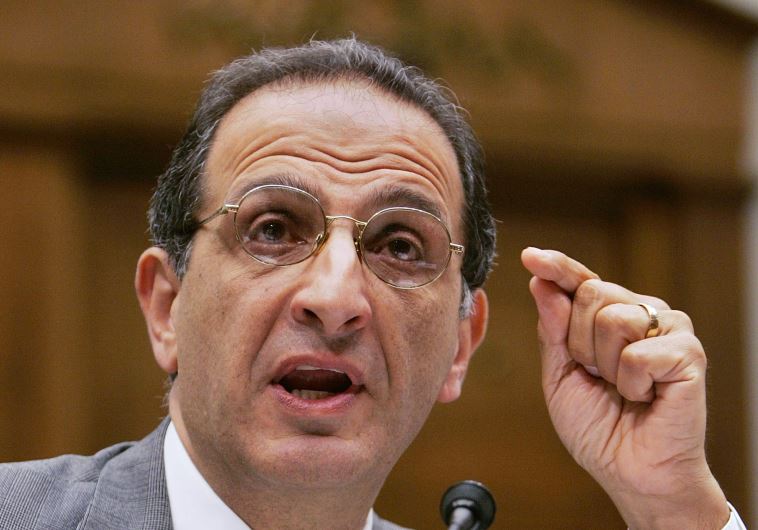Zogby answers his critics: 'I’ve just been cast as the anti-Israel guy'
A high-profile Democrat pushes back against being ‘typecast’ by some in the American Jewish establishment, and calls for dialogue.
 President of the Arab American Institute Dr. James J. Zogby(photo credit: LARRY DOWNING/REUTERS)Updated:
President of the Arab American Institute Dr. James J. Zogby(photo credit: LARRY DOWNING/REUTERS)Updated: